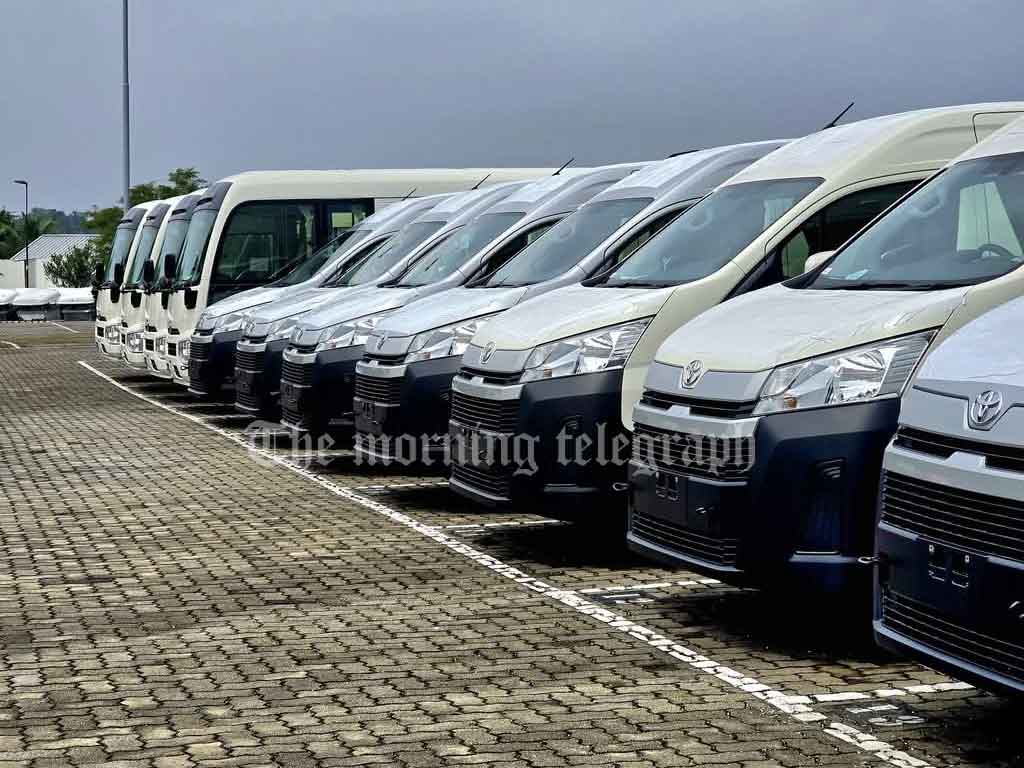
Despite the lifting of restrictions on vehicle imports, Sri Lankan vehicle importers remain reluctant to place bulk orders, citing concerns over high taxes and limited buyer demand. As a result, many importers have shifted to a pre-order system, ensuring that vehicles are imported only when there is a confirmed buyer.
The primary concern for importers is the financial risk of unsold inventory, given the strict import regulations and the steep taxes imposed on vehicles. The additional tax burden has significantly increased vehicle prices, making it difficult for average consumers to afford a new vehicle. This has led to reduced market demand, forcing importers to adopt a more cautious approach.
To mitigate risks, importers are now taking pre-orders from individual buyers, opening letters of credit (LCs) in the buyer’s name, and importing vehicles specifically for them. In return, they charge an operating fee, covering administrative costs and ensuring a profit margin without the risk of unsold stock.
Importers also point out that the extra taxes imposed on consumers when buying through importers further drive up the final cost of vehicles, making affordability an even bigger challenge. Due to these factors, even leading vehicle import companies are focusing more on pre-orders rather than importing vehicles in bulk.
This shift in import strategy reflects the current economic uncertainty, with businesses adjusting their practices to minimize losses while still meeting consumer demand for vehicles. However, industry experts warn that unless import policies and tax structures are revised, the vehicle market in Sri Lanka may continue to struggle, limiting accessibility for consumers and slowing down overall industry growth.




